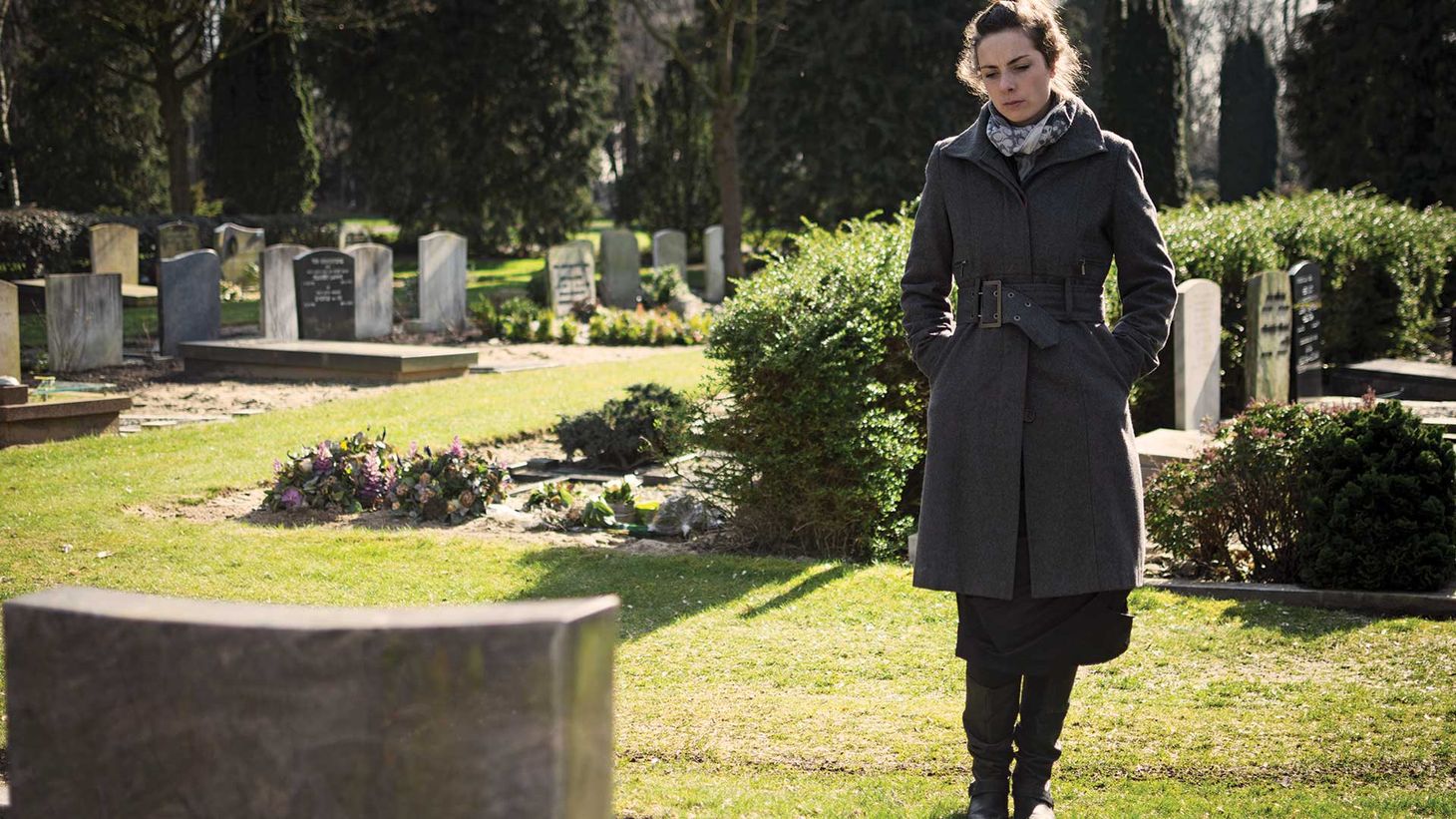In 2009, Jay Jammal was nearly 13 and about to start high school. His love of tinkering with motors led him to pull the casing off a juicer that was being thrown out. He plugged it in and the resulting electric shock was so great, it melted the cord in his hand. He was killed almost instantly.
His mum, Denise, found him slumped over and performed CPR for 20 minutes before paramedics took over. Jay’s father Lee arrived home from work as the ambulance pulled into his driveway. At the hospital, staff continued to try to save Jay, but eventually had to tell the devastated family that he was gone.
What do you do when a friend’s child dies?
Lee and Denise’s community, in the Perth suburb of South Lake, swung into action. Denise remembers the many ways their friends and church community helped.
“They cooked for us,” she says. “Every night, for months, we had a meal provided. Our close friends and family openly grieved with us. They stepped up to help with Jay’s funeral when I didn’t know how to ask. Our friends knew what we needed before we did.”
A best mate immediately flew over from New South Wales. “Jay’s death was so big and so public, it was massive. Chris was our rock. He was there to answer the front door for us. He did stuff we don’t even know about.”
Lee says that their church family was absolutely fantastic. “They raised $8000 to help with expenses. They had a working bee at our house; they pruned and tidied up the garden. It was totally the spirit of God in action. I will never, ever forget what they did for us.”
What is the best thing to say to someone who lost a child?

Actions speak louder than words, but words are powerful. They’re also frightening. We don’t know what to say and we know that we often get it wrong.
When I arrived at church one morning many years ago, the greeter in the foyer asked me if I’d like to sign the card on the nearby table. His explanation was heartbreaking: “Phillip was killed two days ago.”
Phillip was a young lad just beginning his primary school years. He was sweet and funny, and the whole church adored him. I stood in the foyer, dazed and struggling to comprehend what I’d heard.
Eventually, I moved towards the card. I tried to think of just the right thing to write, but nothing seemed adequate. I opened the card and its entire surface was covered in signatures. Despite the fact our church was a close and loving congregation, there were no messages of comfort inside.
While the dozens of names were a witness to how many people shared the family’s grief, it seemed that we could find no words to do justice to the tragedy.
It can be hard knowing what to say and then saying it, but it’s an essential part of the support we can give.
Denise’s advice is simple: “ ‘I don’t know what to say, but I’m here and I’m thinking about you’ is gold. It means so much when someone says that to you. You don’t feel alone.”
In Confessions of a Grieving Mother, Sherry Combes documents her grief following her daughter’s death. Twenty-one-year-old Heather died quickly and unexpectedly due to a compromised immune system soon after finishing chemotherapy.
Sherry writes, “Silence was not the answer during this time of grief. The first devastating reality was that Heather died. The second devastating reality was the way friends avoided . . . the mention of her name.”
How to comfort someone who is grieving
When a child dies, the parents are devastated by a grief those of us on the outside cannot comprehend. They are often also traumatised by witnessing their child’s death in horrific circumstances.
Lee talks about guilt and regret. “I was working two jobs to make ends meet and that took me away from my family a lot. On the weekends, when Jay wanted to play with me, I was too tired and grumpy. I live with that regret every day.”
Bereaved parents are changed—perhaps damaged—and can’t always be the way society wants them to be. As Denise admits, “It’s been more than 10 years since Jay died and I’m only just starting to come right. I know that I pushed some friends away and I regret that. I just turned into a hermit; I just wanted to wrap myself up in my doona. I still do.”
There is no getting over the death of a child.
Parents still grieve 10, 20, 30 years later, although Sherry describes how it gradually gets easier.
“Grief is like driving a car in the rain . . . but you go under a bridge and there is a split second of blissful peace when it is quiet and no rain is pounding down. Then back into the constant downpour. I have a few more ‘under the bridge’ moments now than I did in the beginning . . . and the bridge lasts longer.”
Later, after experiencing some moments of joy with her granddaughter, Sherry writes, “I realised that I was not under the enormous boulder of grief that was larger than a house . . . instead my grief had become a brick that I carried in my pocket. I forget it is there till I reach in for something and touch it.”
It is relatively easy to give meals and donate money to a grieving friend.
But remember that when your life has moved on and returned to normal, your friend’s life has not. It will never be normal again and they will no longer be who they once were. Give them the gift of your patience.
Helping friends remember
Many bereaved parents look for a way to honour their child’s memory. They may try to ensure the death was not in vain or that no-one else will go through the same trauma. Foundations are set up, annual events raise money and awareness, laws are changed.
When Denise was at the hospital after Jay died, she remembered that he’d wanted to be an organ donor. As a result, he donated organs to at least three other people, including a 12-year-old boy.
“Jay would have thought that was the ultimate,” she says.
Six months after his death, legislation was passed in Western Australia requiring all rental homes and all homes being sold to be fitted with residual current devices—electrical safety devices that would have prevented Jay’s death and 22 others like it in the previous 17 years.
Denise was present when the legislation was announced to the media, and said, “To know that it could have been prevented just kills us, but we didn’t know that we needed one and we didn’t know that we didn’t have one.”
Like many others, Sherry set up an annual event—a blood donation drive—saying, “It is a way to remember Heather and to bring lifesaving blood to the community.” But what she most needed was simply for people to remember her daughter. “My biggest fear was that Heather would not exist anymore. No-one would remember her; in time, memories and thoughts would fade, and it could be as if she was never here.”
These fears were fed by the fact that people seemed frightened to talk about Heather. “The eerie silence that follows my mention of her name breaks my heart . . . I guess only those who have had a child die could understand the desire to keep her spirit alive.”
Denise agrees. “When someone tells me that they think about Jay, it’s like a whisper from heaven. I love talking about him and when we remember the things he did, there is so much laughter.”
We all know someone who has lost a child. It may have been decades ago, but those parents still have that grief in their pocket and their hand brushes against it every so often. Their hearts would still be warmed to hear you say their child’s name. It may be the greatest gift you can give them.
Talking about the death of a child is never easy. The author would like to thank Lee and Denise for being willing to share their story, in the hope of helping others.
How helpful was this article?
Click on a star to rate it!
0 / 5. 0
Be the first to rate this post!
Julie Hoey
Related posts
Subscribe
Receive personalised articles from experts and wellness inspiration weekly!


